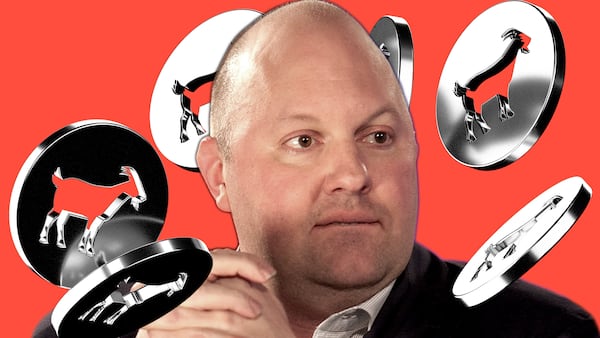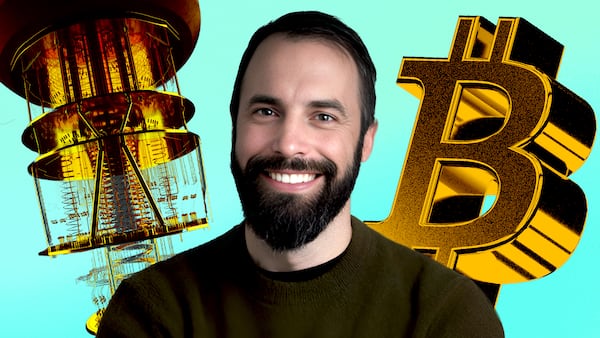- Investors are wary of putting capital onchain, according to VCs.
- DeFi might not live up to cypherpunks' expectations, devs said.
- DeFi powering traditional finance is a positive development.
A version of this article appeared in our The Decentralised newsletter on July 1. Sign up here.
The near-term future for funding DeFi projects looks bleak — but the sector has, in a way, already won.
That’s one takeaway from panelists at crypto conference Permissionless conference last week, where the temperature topped 37 degrees celsius and the views on decentralised finance were decidedly cooler.
“Right now, the market’s telling you is [that] we don’t see growth potential onchain,” Haseeb Qureshi, from Dragonfly, a venture firm, said.
Mike Dudas, of 6th Man Ventures, similarly said large institutions are pretty much uninterested in investing money in existing crypto assets and would rather tap into Bitcoin exchange-traded funds, treasury stocks and the Circles of the industry.
“Even some of the best founders feel like, in the very, very near term, we’re tapped out on the number of people who are willing to spend money and invest money and put risk capital onchain,” he said.
The comments echo the sentiment of the VCs who told Eric Johansson that they’re focusing on projects that merge the worlds of crypto and traditional finance. They expect to double the amount raised this year to over $20 million.
Instead of DeFi burning traditional finance to the ground, those two worlds are merging.
“The important point, though, for me, is that that’s still better, right?” Kain Warwick, of Synthetix, said.
‘The more TradFi uses DeFi as their rails, the more accessible it is.’
— Kain Warwick
That said, there was still a sense of victory in the air, exemplified by the sheer size of the conference itself.
“Conferences like this used to be 10 guys sitting on chairs, you know, with us kind of just talking over a beer,” Andre Cronje, the man behind Sonic (née Fantom) and Yearn said.
“The people I used to talk to on a daily basis back then were all technical people. They were all capable of doing their own bespoke, custom wallets on their own air-gapped PCs and stuff.”
While that audience has been tapped out, Warwick argued that, in a world where financial applications make use of open, interoperable blockchain technology, the barriers to entry are far lower.
“In fintech, if you want to do something, you better go to a bank, beg for access to an API or beg for access to their systems,” he said.
“The more TradFi uses DeFi as their rails, the more accessible it is,” he continued.
“That, to me, is the win. Even if we didn’t get pure DeFi replacing the world, I think we still won.”
Top DeFi stories of the week
This week in DeFi governance
VOTE: Arbitrum DAO votes to extend Gaming Council’s term through year-end.
VOTE: Optimism Collective votes to remove “abstain” votes from quorum requirement.
VOTE: Aave DAO votes to upgrade to v3.4.
Post of the week
EthCC is in Cannes this year, and Robinhood co-founder Vlad Tenev is dressing the part.
vlad to his stylist
— Pepper (@ZeMirch) July 1, 2025
“we’re talking crypto today, make me look like a scammer” pic.twitter.com/5vfBwn7y0v
Got a tip about DeFi? Reach out at aleks@dlnews.com.








